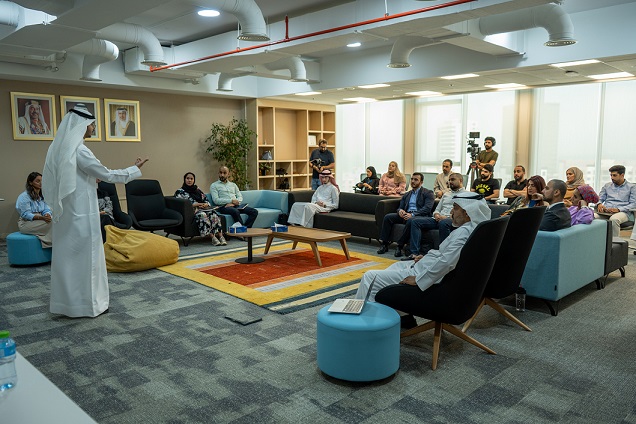The Arabian Gulf University (AGU) has registered a patent in the field of cybersecurity, taking a step toward obtaining intellectual property from the United States Patent and Trademark Office (USPTO). This invention, developed by the Next Generation Computing Department at the College of Graduate Studies (CGS), aims to design the future generation of network and cybersecurity devices to be more secure and efficient.
This achievement is the first of its kind in the Kingdom of Bahrain in the field of cybersecurity and reflects the university’s commitment to fostering a culture of innovation and pursuing American patents as part of its strategy. The university hopes that this patent will contribute to its scientific research efforts, promote academic excellence, and elevate its status among leading universities in innovation and technology.
This invention aligns with the strategies developed by the GCC countries to achieve regional economic and social growth goals in the third millennium. It seeks to address ongoing challenges in cybersecurity, such as evolving cyber threats and the rapid growth of network speed and capacity. By striking a balance between simplifying the configuration processes and enhancing levels of protection, this innovation aims to offer a comprehensive solution.
Moreover, this patent is congruent with the Master of Science programme in Artificial Intelligence and Formal Methods for Cybersecurity, which the CGS plans to introduce in September 2024. This programme is tailored to meet the needs of the GCC countries and industry demands in both the public and private sectors.
On this occasion, Professor Adel Bouhoula, the Acting Head of the Next Generation Computing Department and the primary inventor of this invention, explained the challenges currently faced by network and cybersecurity devices, such as routers, firewalls and intrusion detection systems.
He clarified that these challenges include high error rates in installation processes, even for experts in the field, which can lead to vulnerabilities and malicious activities, mentioning that the rapid growth in network speed and bandwidth poses efficiency and effectiveness issues for these devices. Professor Bouhoula also highlighted the complex network structure and the increasing sophistication of cyber threats as significant challenges.




